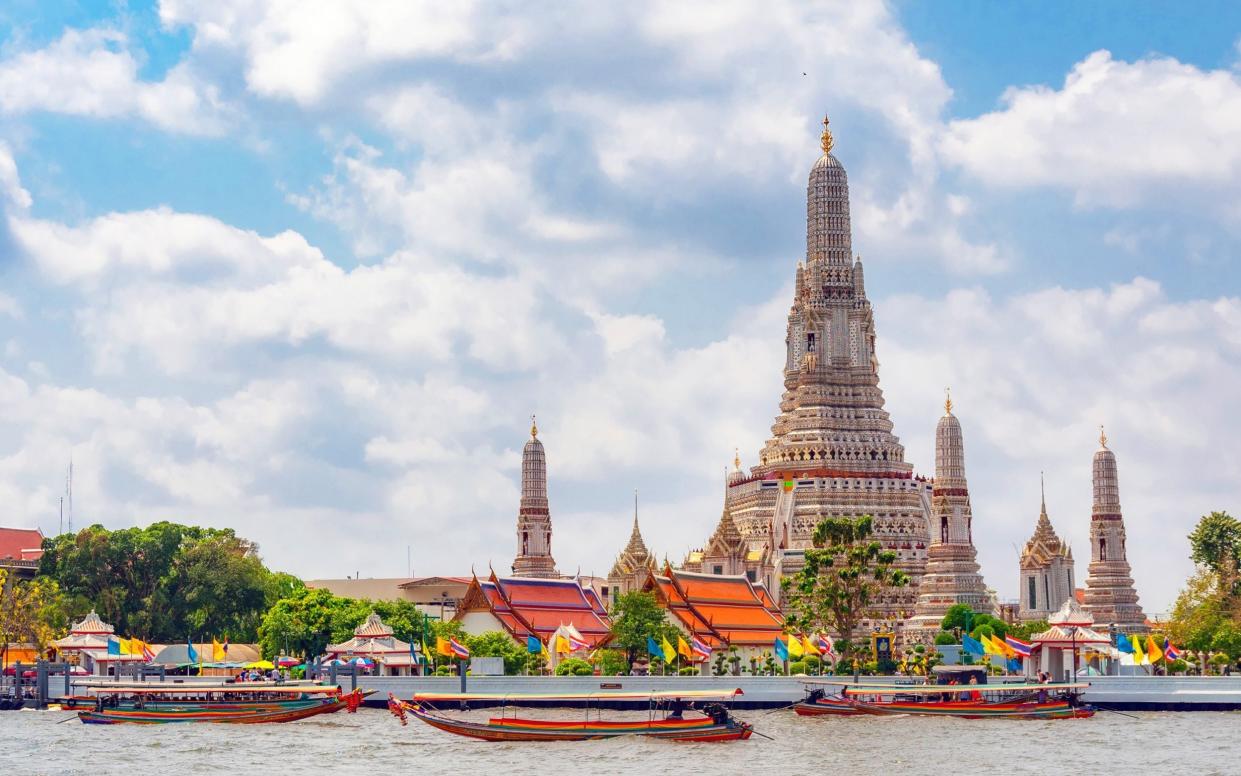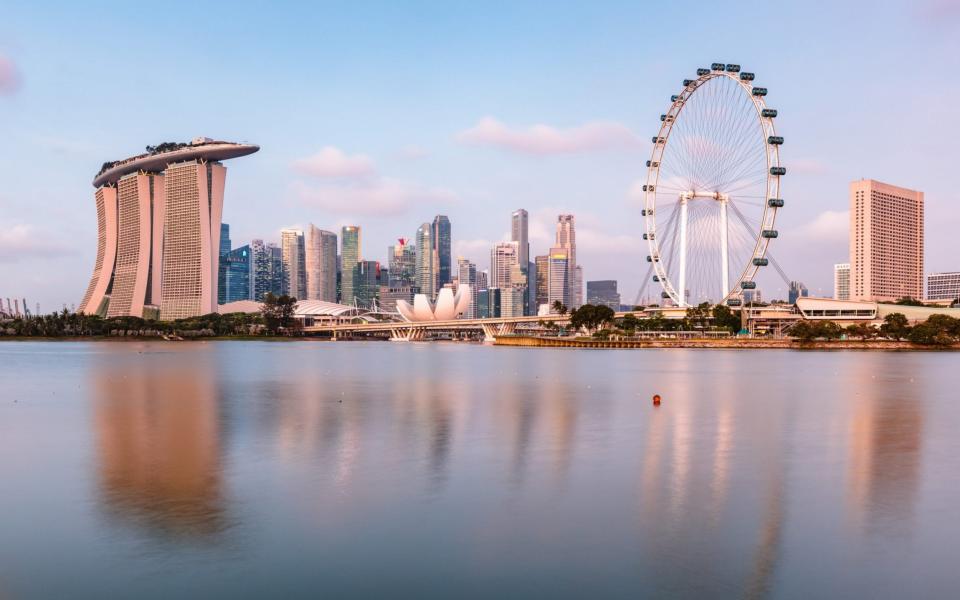Thailand to reopen from November: latest Covid rules and travel advice for Southeast Asia

Thailand's Prime Minister has announced it will reopen to fully vaccinated tourists from a select number of countries, including the UK, from November 1.
The news follows Thailand's removal from the UK's red list earlier this week and means relatively hassle-free holidays to the most popular destination in Southeast Asia are back on.
Meanwhile, Myanmar and Indonesia were also removed from the list, meaning no countries in Southeast Asia are now subject to hotel quarantine restrictions – but does that mean the outlook for holidays across the rest of the region is rosy? Unfortunately not, for the most part.
Most Asian nations currently have their own strict travel restrictions in place. Some impose outright bans on holidaymakers, while others have adopted mandatory quarantine schemes so draconian (Vietnam even requires domestic travellers to quarantine for two weeks) that their borders are closed in all but name.
Still, Singapore will grant entry to double-jabbed Britons from October 19 and it could be that others follow suit in an effort salvage the peak tourist season.
Here, we delve into the details of several popular Southeast Asian holiday destinations – and reveal where we can travel to this winter.
Can I travel to Thailand?
Yes, it is possible to visit Thailand right now if you adhere to certain restrictions and submit to multiple Covid tests. Since July, Thailand's successful 'sandbox' scheme has allowed fully vaccinated foreign tourists to visit its largest island, Phuket, without the need for quarantine. Holidaymakers are required to take two PCR tests during their stay, but after seven days are free to travel on to other parts of Thailand.
The list of Sandbox destinations has recently been expanded to include Surat Thani (Ko Samui, Ko Pha-ngan, and Ko Tao), Phang-Nga (Khao Lak and Ko Yao), and Krabi (Ko Phi Phi, Ko Ngai and Railay Beach).
Significantly, from November 1 the country will reopen to fully vaccinated visitors from countries it deems 'low risk' – including the UK. Other countries on the list include the US, Germany, China and Singapore.
In a televised address, the Thai Prime Minister, Prayut Chan-O-Cha, revealed that tourists from 'low risk' countries would need to show proof of a recent negative Covid test and take another test on arrival, but would be able to travel freely around the country.
Can I travel to Singapore?
Singapore has announced that from October 19, it will allow fully vaccinated travellers from the UK, plus Canada, Denmark, France, Italy, Netherlands, Spain and the US to visit. The news comes after a successful pilot scheme, which allowed tourists from Brunei, Germany, Hong Kong, Macao, mainland China and Taiwan to travel to the island, saw only two imported cases.
UK travellers will need to show proof of a pre-departure test taken within 48 hours before departing to Singapore. They will also need to take a test on arrival at Changi Airport and self-isolate until they receive a negative test result.
Passengers must travel on designated flights which are either direct or stop over in other 'travel lane' countries, meaning flights via the UAE or Qatar, for example, will not be allowed. Find the full details, here.

Can I travel to Vietnam?
Vietnam has suspended entry visas for all foreign nationals, except for certain workers and a small number of diplomats on official business. Land borders are closed, and flight transits are prohibited.
Fully vaccinated arrivals must quarantine for 14 days in government-approved facilities, hotels or hospital – though the UK Government warns that 'most [quarantine centres] do not meet Public Health England standards'.
Holidays remain strictly off-limits – but hopefully not for too much longer. A sandbox scheme which would open up the island of Phu Quoc is slated to start before the end of the year.

Can I visit Cambodia?
Arrivals in Cambodia must stay in a quarantine hotel for 14 days. However, unlike the UK, guests can choose from a small list of hotels, which includes the high-end Raffles Hotel Le Royal in Phnom Penh. Deep pockets are required as most visitors need to provide a cash deposit of US$2,000 (£1,471) plus proof of insurance that includes a minimum of US$50,000 for medical cover. Oddly, it is stipulated that this evidence must be printed out in colour.
Do I need to take a test before travelling back to England?
No, not if you are fully vaccinated. If you are not double-jabbed, you must take a lateral flow test 72 hours before arriving in the UK and have an official certificate to prove it. If you fail to do so, you will be denied boarding, or risk a fine of up to £500 on arrival back in the UK. You can find the Government's rules on testing before departure, here.
It is also compulsory to fill out a Passenger Locator Form to present to your airline and at the border.
Do I need to self isolate on my return to England?
Travellers who have received two doses of a Covid vaccine can avoid quarantine on their return home, but still need to take a PCR test on day two. This will be downgraded to a non-NHS lateral flow test for vaccinated arrivals from October 24.
Those who haven't had both jabs must self-isolate at home for 10 days. You will also need to take a PCR test on the second and eighth days of your self-isolation. If you opt in for Test to Release, you can take an extra test on day five to exit quarantine (if your result is negative), but will still need to take the further test on day eight.

